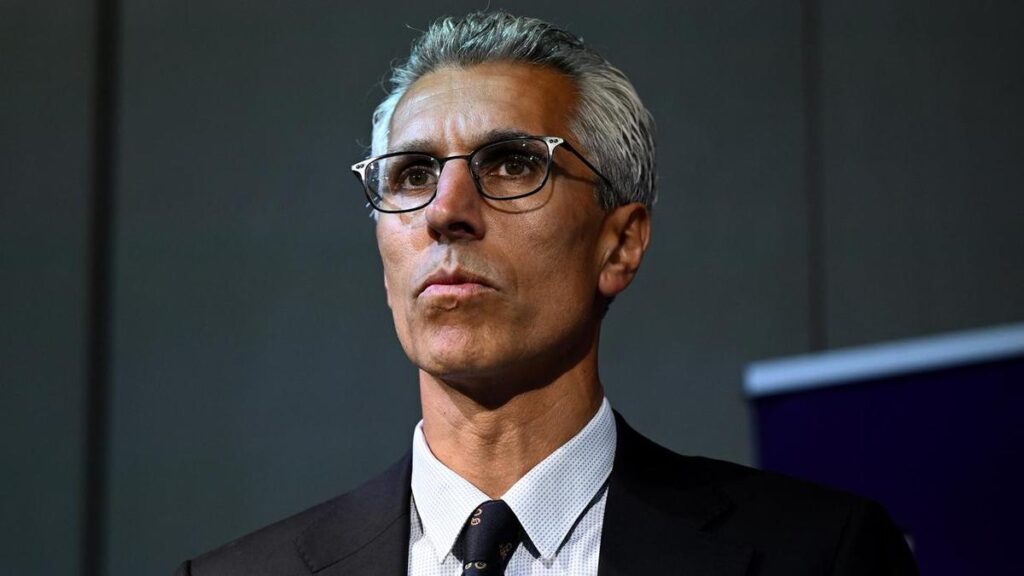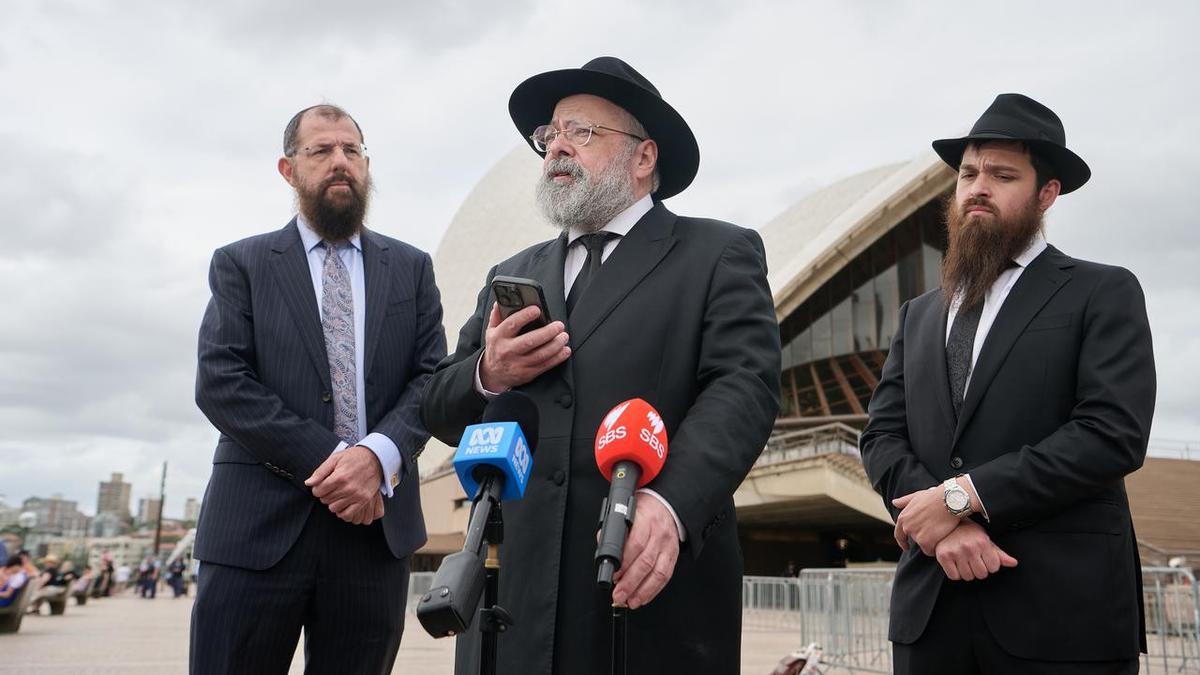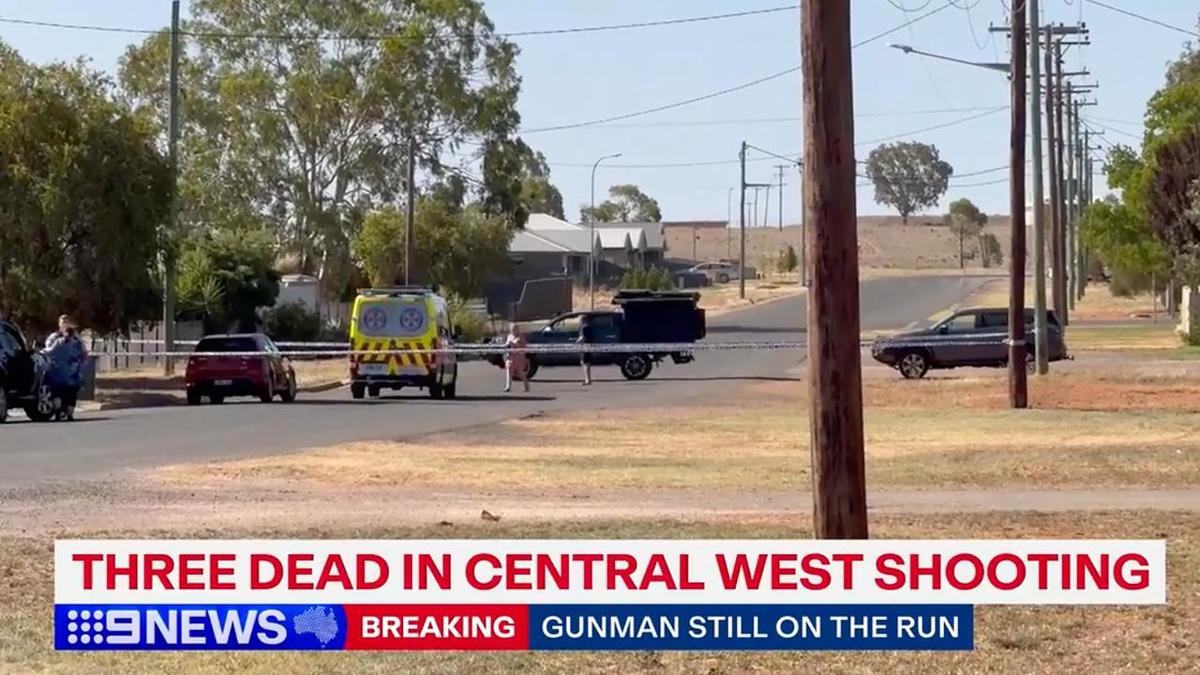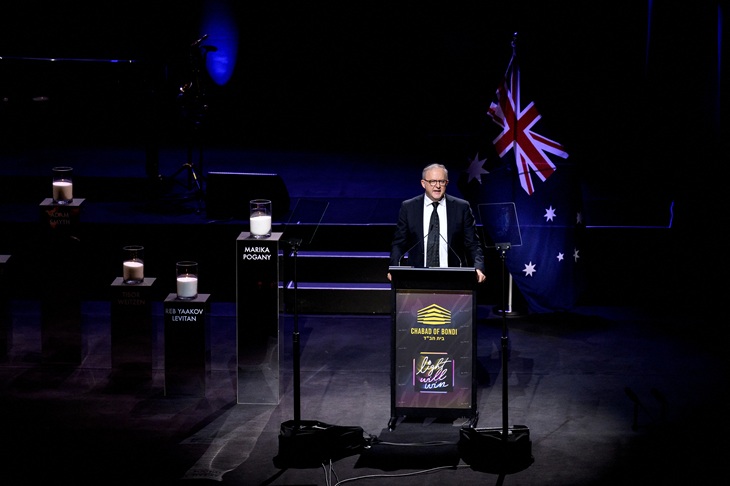
URGENT UPDATE: Australia’s refugee policies face intense scrutiny as the Australian Human Rights Commission’s president, Hugh de Kretser, reveals that current practices are among the world’s harshest. Speaking at the UNSW Kaldor Centre for International Refugee Law’s conference on Thursday, de Kretser called for immediate reforms to provide safer pathways for asylum seekers, emphasizing that those arriving by boat deserve equal treatment.
De Kretser stated, “For those who have come across the seas seeking safety, Australia’s policies remain amongst the harshest in the world.” This urgent call for action comes as Australia grapples with a troubling new chapter following the High Court’s recent ruling, which mandates that individuals cannot be held indefinitely without a valid visa.
The stark reality for many asylum seekers is grim. Those intercepted at sea often face cursory screenings, with a significant risk of being returned to dangerous situations. Additionally, refugees are subjected to “offshore processing” in Nauru, where human rights violations have been widely documented, leading to immense suffering among detainees.
As discussions unfold, the Asia Pacific Refugee Rights Network’s co-secretary general, Hafsaar Tameesuddin, emphasized the need for governments to recognize the vital contributions refugees make to society. “I am sick and tired of hearing that refugees are the burden and we are sharing the burden,” she said, highlighting the urgent need for a shift in narrative.
While the federal government is often viewed as the primary authority on refugee protection, state and local governments play a crucial role in providing essential services. James Jegasothy, deputy chief executive of Multicultural NSW, stressed that planning and investment in infrastructure are vital for successful refugee resettlement. He noted, “State governments need to ensure hospitals, roads, and health care are accessible and available.”
The implications of these policies extend beyond just logistics. Local governments must also create supportive environments, including places of worship, to ensure refugees can practice their beliefs freely. Jegasothy remarked, “It’s hardly protection in the end if we’re just taking them away from the danger,” underscoring the emotional and psychological toll on those seeking refuge.
As this situation develops, the impact on thousands of asylum seekers remains critical. With the High Court’s ruling and growing advocacy for change, the pressure on Australian authorities to reform these harsh policies is mounting. The world watches closely as Australia confronts its commitment to human rights and the treatment of vulnerable populations.
Stay tuned for more updates on this evolving story, as Australia faces a pivotal moment in its approach to refugee protection and human rights.







